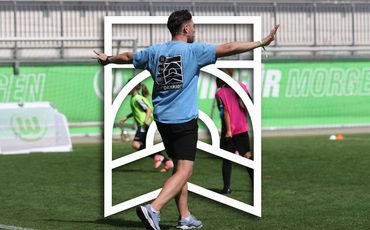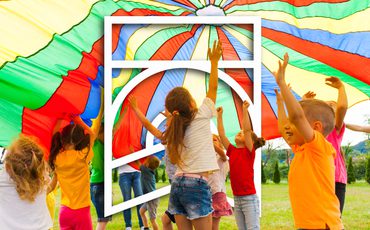Creating Inclusive Pathways: Fiona Murray on Increasing Sport Participation for All Children
In her insightful presentation, Fiona Murray of Special Olympics International delivers a powerful message about the importance of inclusive sport environments for children, regardless of intellectual ability. Drawing on nearly two decades of experience in disability sport, Murray emphasizes that sport should be a right, not a privilege, and that every child deserves the opportunity to participate, grow, and thrive through physical activity.
Murray begins by highlighting a persistent issue: children with intellectual disabilities are significantly underrepresented in sport participation compared to their peers. This gap, she argues, is not due to a lack of interest or ability, but rather systemic barriers—ranging from inaccessible programs to a lack of trained coaches who understand how to support diverse needs.
To address this, Murray advocates for a shift in mindset and practice. She calls on coaches, educators, and sport organizations to embrace inclusive coaching principles, which prioritize empathy, adaptability, and child-centered approaches. These principles are central to the iCoachKids movement, which promotes sport as a tool for holistic development and lifelong engagement.
One of the key strategies Murray discusses is the creation of developmentally appropriate programs that cater to a wide range of abilities. She stresses the importance of designing activities that are fun, engaging, and tailored to individual needs—whether a child has an intellectual disability or not. This not only boosts participation but also fosters confidence, social connection, and a sense of belonging.
Murray also underscores the role of coach education. She explains that coaches must be equipped with the knowledge and skills to support children with intellectual disabilities effectively. This includes understanding communication styles, behavioral cues, and how to create psychologically safe environments. Through Special Olympics and iCoachKids, resources are being developed to help coaches worldwide become more inclusive and responsive.
Importantly, Murray reminds us that inclusion benefits everyone. When children of all abilities play and learn together, it cultivates empathy, breaks down stereotypes, and builds stronger communities. “We’re not just coaching sport,” she says, “we’re coaching humanity.”
Her presentation ends with a call to action: to remove barriers, challenge assumptions, and commit to making sport accessible for every child. By doing so, we not only enrich the lives of children with intellectual disabilities but also transform sport into a truly inclusive and empowering experience for all.
You can watch the full presentation below
Comments
Related Pages


